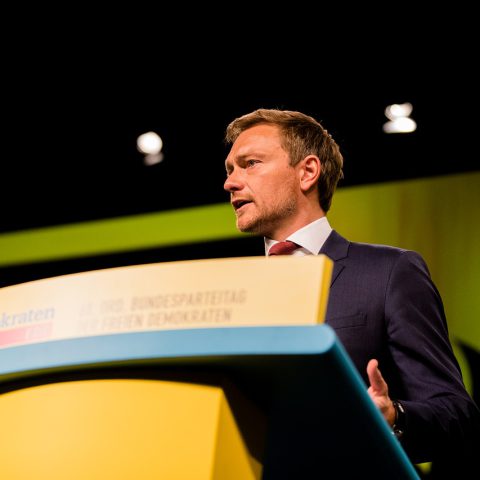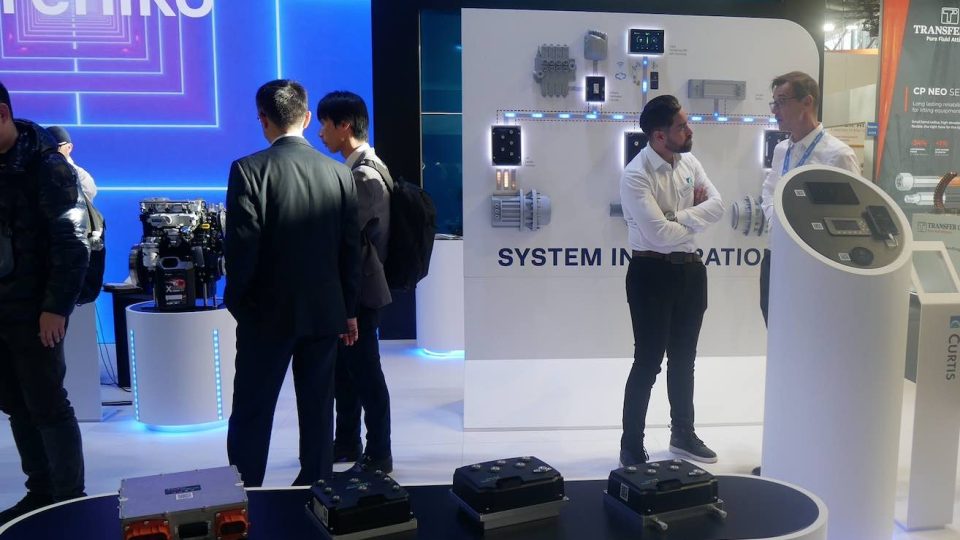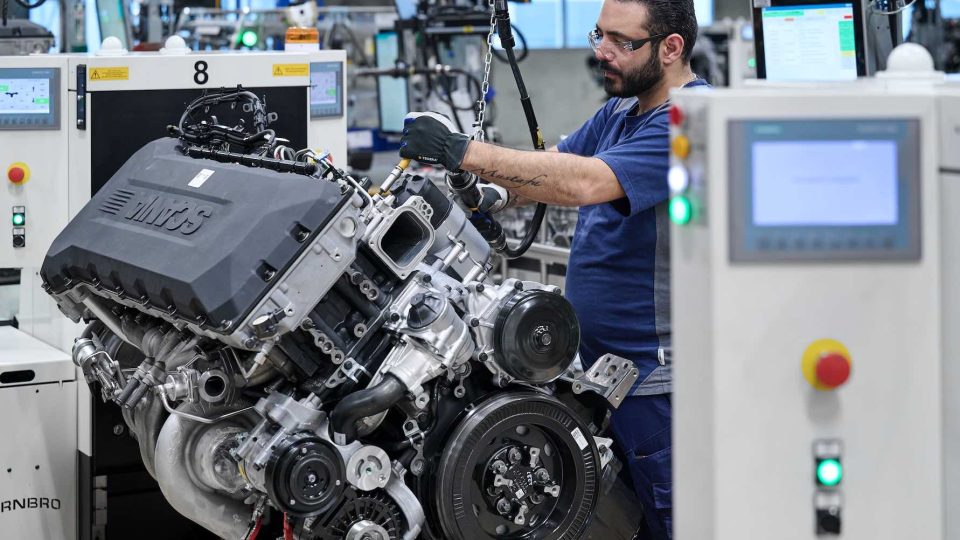Germany approves EC’s proposal to lift the ban of endothermic
Anfia welcomes the new position expressed in recent days by the German government with respect to the European Commission's proposal to lift the ban on endothermic engines in the EU from 2035.

The German government approves the European Commission’s proposal to lift the ban on endothermic engines in the EU from 2035.
Europe’s top economy has been under pressure from other Western nations to become less dependent on Russian gas, but its plans to phase out coal-fired power plants by 2030 and to shut its nuclear power plants by end-2022 have left it with few options.
Economy Minister Robert Habeck has described the accelerated capacity expansion for renewable energy as a key element in making the country less dependent on Russian fossil fuel supplies. According to the paper, the corresponding amendment to the country’s Renewable Energy Sources Act (EEG) is ready and the share of wind or solar power should reach 80% by 2030.
By then, Germany’s onshore wind energy capacity should double to up to 110 gigawatts (GW), offshore wind energy should reach 30 GW – arithmetically the capacity of 10 nuclear plants – and solar energy would more than triple to 200 GW, the paper showed.
Germany and renewable sources: “the energy of freedom”
German Finance Minister Christian Lindner (in the opening picture) has referred to renewable electricity sources as “the energy of freedom”. Germany’s new government committed to having 15 million electric cars on the road by 2030 and phasing out the sale of petrol and diesel vehicles before an EU ban, slated for 2035, comes into force. But it also pledged to continue to allow the sale of combustion engine vehicles that run on synthetic fuels.
“We welcome the new position expressed in recent days by the German government with respect to the European Commission’s proposal to ban internal combustion engines in the EU from 2035”. This is what Paolo Scudieri, president of Italian ANFIA and Adler-Pelzer Group declares, regarding the new position expressed in recent days by the German government. “We agree in believing that this technology can, on the other hand, make an important contribution to the decarbonisation of mobility through the use of synthetic fuels and biofuels, as well as in supporting the need for a neutral technological approach, which leaves room for more solutions for reducing CO2 emissions, instead of focusing exclusively on the electric vehicle”.










